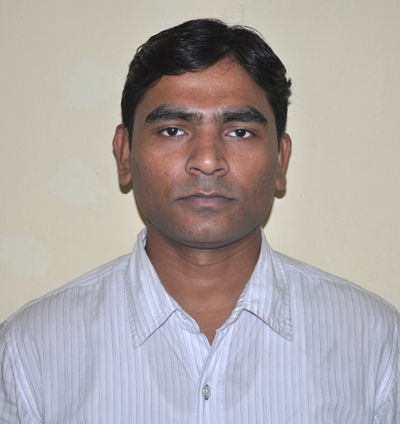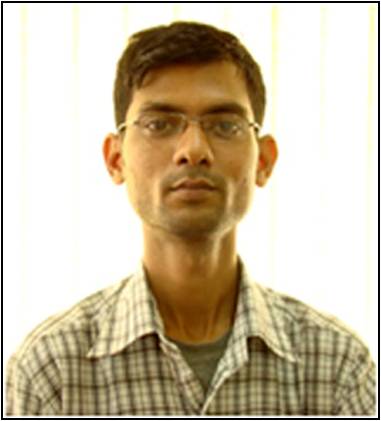Mainstreaming passive solar heated buildings in the Indian Himalayan Region: Integrating science with traditional practices to enhance climate resilience
Passive solar-heated buildings (PSHBs) offer a sustainable solution to the extreme cold winters experienced in the Higher Himalaya and Trans-Himalayan Regions, where temperatures drop as low as -30°C. Traditional biomass energy sources are used for heating and cooking, leading to localized carbon emissions, as fossil fuels are costly and challenging to transport due to the rugged terrain. Despite the harsh climate, Ladakh receives ample sunlight, providing an opportunity to utilize passive solar heating to meet heating needs, reduce emissions, and enhance residents' well-being. However, a comprehensive evaluation of energy-efficient passive solar-heated buildings (PSHBs) in the region is lacking, highlighting the need for sustainable building designs tailored to local conditions.
This project aims to adapt and mainstream the PSHB concepts and technologies in the Indian Himalayan Region (IHR) by studying best practices and developing solutions for identified bottlenecks. The project objectives focus on thoroughly examining the dynamics of PSHBs paradigm in the context of IHR in order to: (i) document traditional knowledge pertaining to thermal comfort, (ii) evaluate PSHBs for thermal efficacy, (iii) assess cost-benefit analysis, (iv) develop replicable designs and standard operating protocols (SOPs), and (v) promote skills development in the PSHB market by developing design thumb rules and courses for training institutions. To achieve these objectives, existing PSHBs have been identified in the different vernacular settings of the IHR. Based on these objective, methodologies, documentation of thermal practices, material studies, and technical evaluations, including major aspects such as structural, socio-economic, and environmental considerations, were employed. The study identified 179 energy-efficient space heating practices through a systematic literature review. Further, 173 passive solar representative buildings were surveyed across the Ladakh (Nubra, Changthang, Zanskar, Sham Valley, Kargil, Drass), Himachal Pradesh (Lahaul-Spiti, Losar, Lalung, Demul, Kinnaur), Uttarakhand (Badkot, Rajgarhi, Jakhol, Khrasali, Lakhamandal), Sikkim (Okhare, Rebdi, Bhareng, Uttarey, Pelling), and Arunachal Pradesh (Tawang) regions for the documentation of a knowledge repository on passive solar heated buildings (PSHB) and thermal comfort.Energy simulation was also carried out to evaluate thermal performance under various climate zones. Four (04) passive solar-heated building (PSHB) sites were identified in the Ladakh region (Kargil, Stok, Leh, &Khardung) for the purpose of thermal comfort monitoring. Automated Weather Stations (AWS) measuring relative humidity, atmospheric temperature, wind speed and direction, and solar net radiation were established outside these buildings. Inside the buildings, ambient temperature, relative humidity, and CO2 levels are being monitored using equipment to assess thermal comfort.
Further, a comprehensive analysis was conducted to estimate the construction cost of a passive solar-heated building (PSHB) at a representative site in Stok (Leh and Ladakh). As a result, the study provided a knowledge repository, simulation models of PSHBs for different regions, field demonstration models, and developed Standard Operating Procedures (SOPs). Additionally, workshops and training courses have been developed to promote PSHB skills development. As an exit strategy, the project aims to engage policymakers, local administrations, researchers, and community stakeholders to promote the adoption of PSHB in the IHR by developing region-specific policies and laws, the use of low-carbon thermal/insulation materials, advancement in research, heightened awareness efforts, and ensuring long-term sustainability and adoption beyond the project's lifespan.

Indoor temperature of all spaces v/s Outdoor atmospheric temperature measured for a PSH building located at Kargil (Ladakh)
Contribution in above research work
 Mahendra Singh Lodhi
Mahendra Singh Lodhi
 Sandipan Mukherjee
Sandipan Mukherjee
 Devendra Kumar
Devendra Kumar
